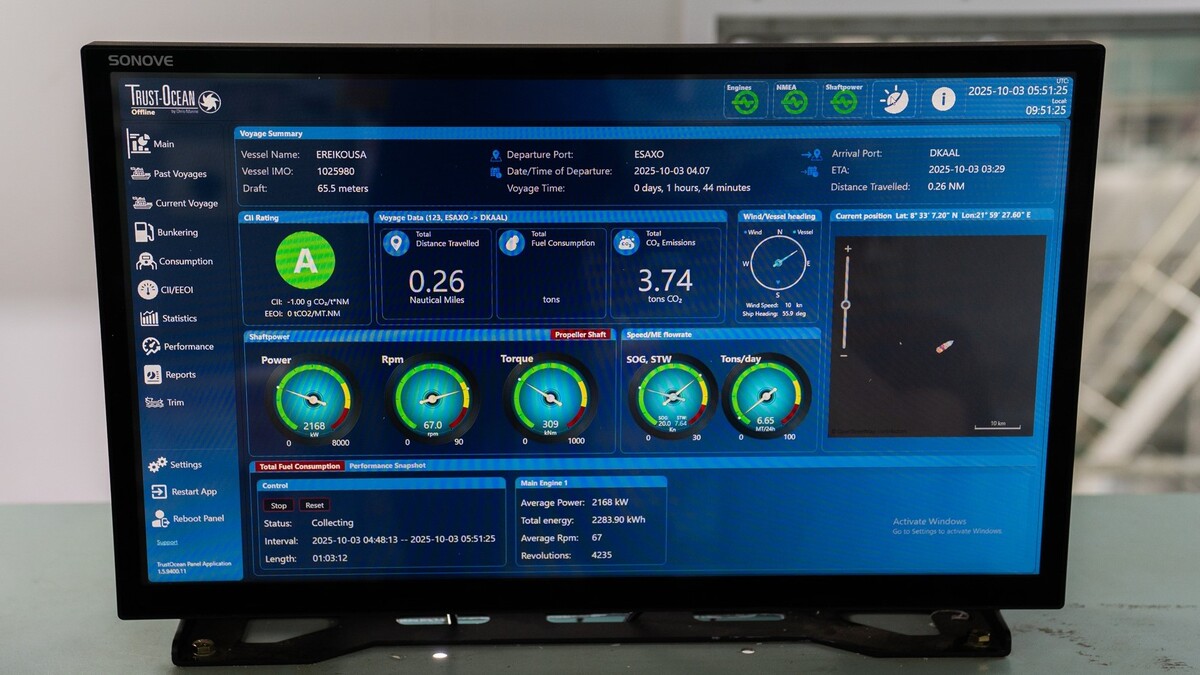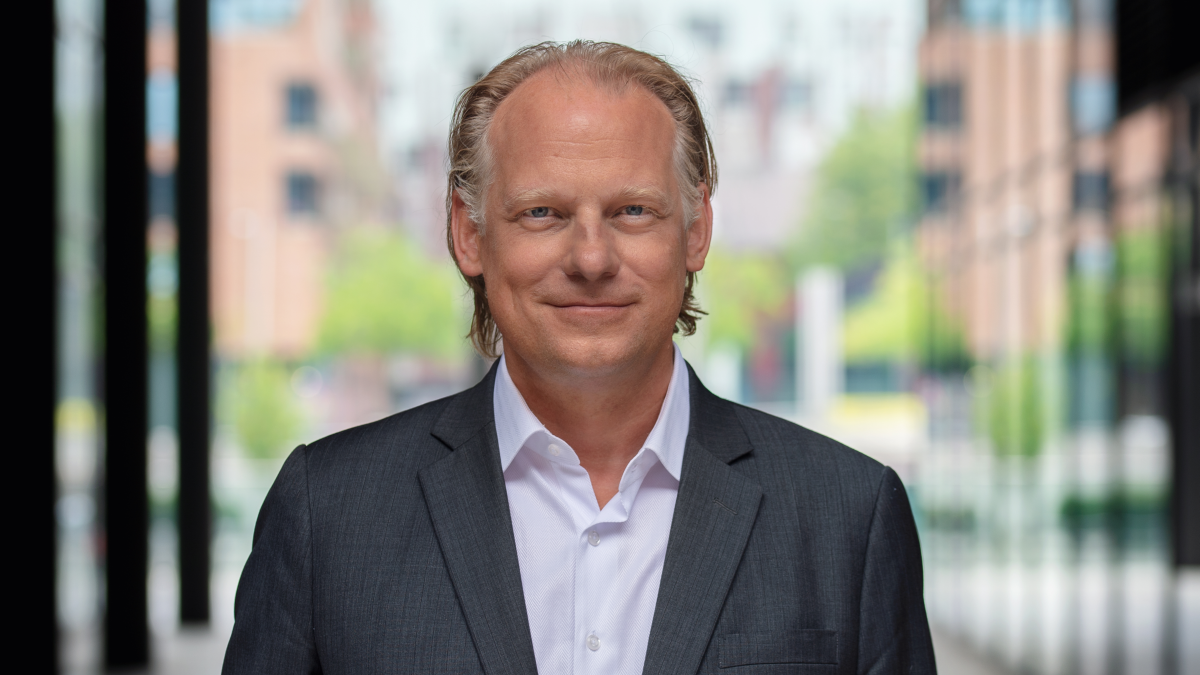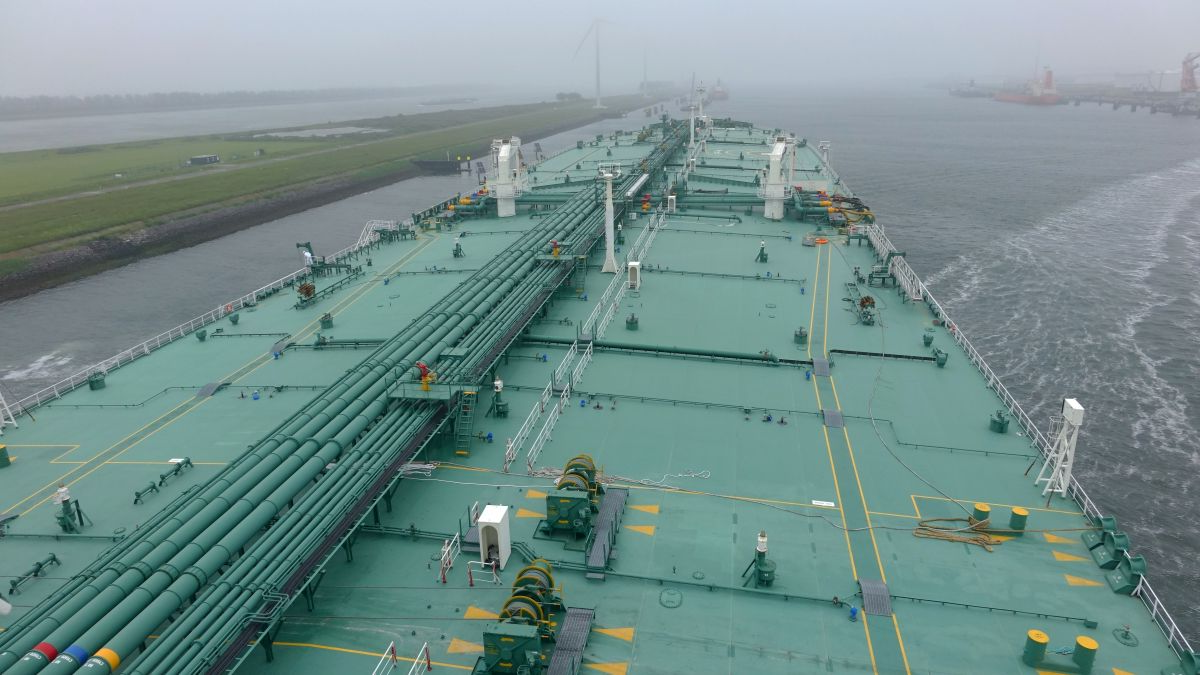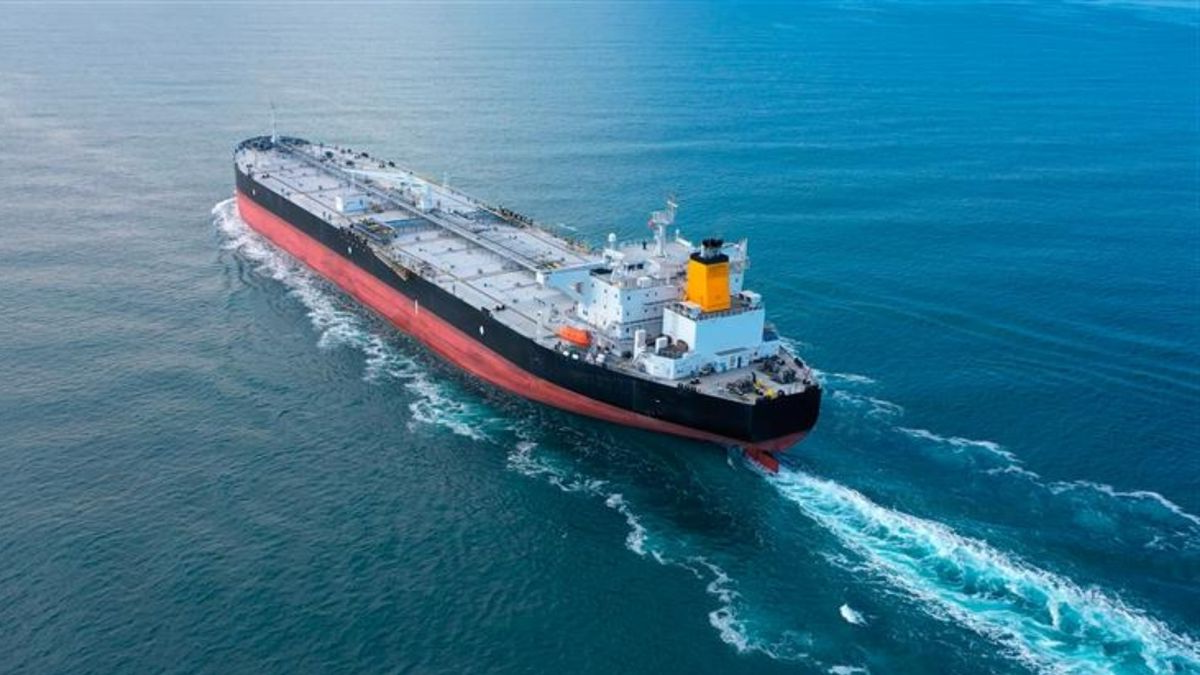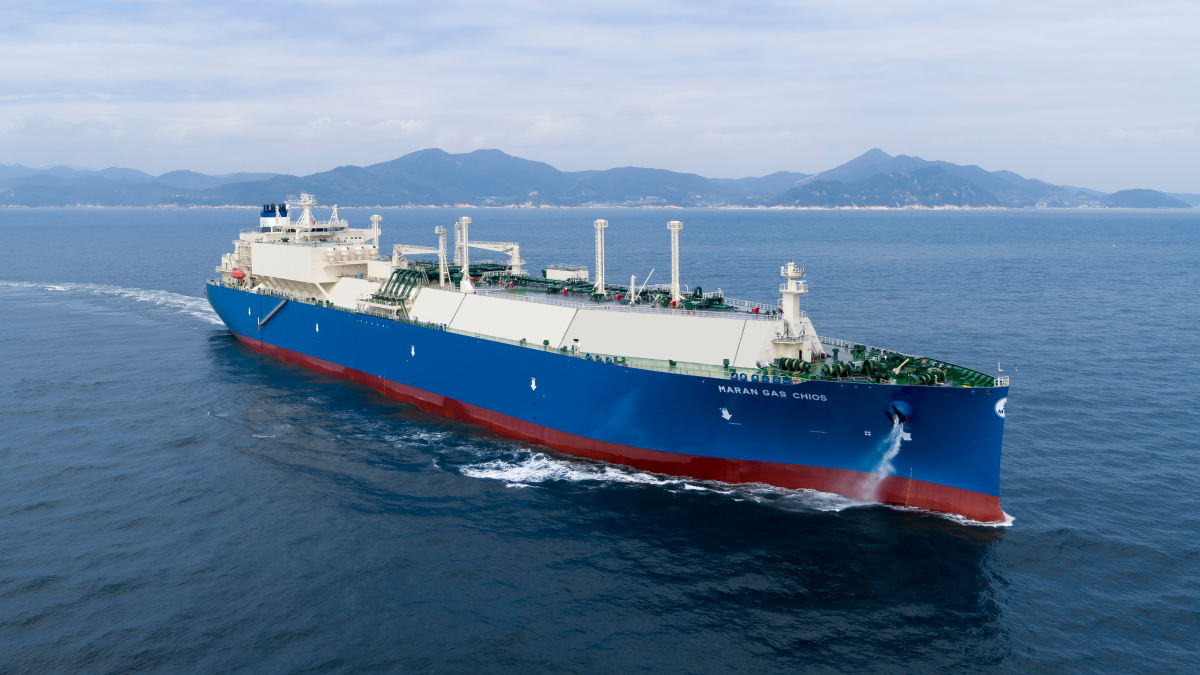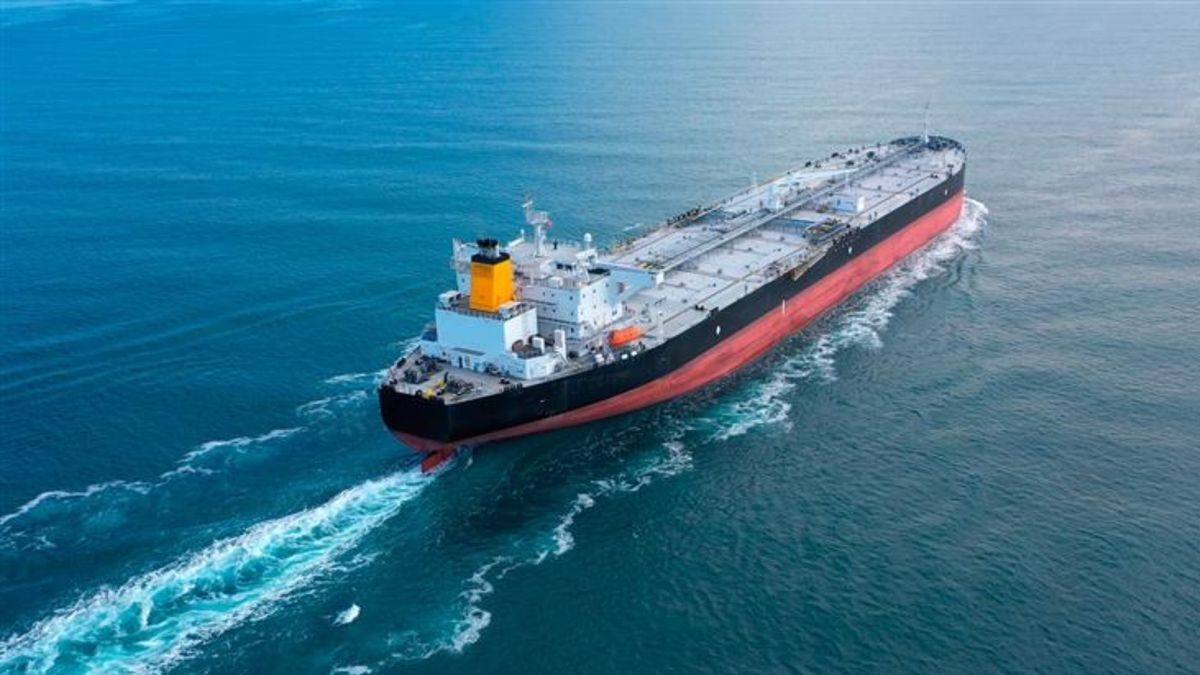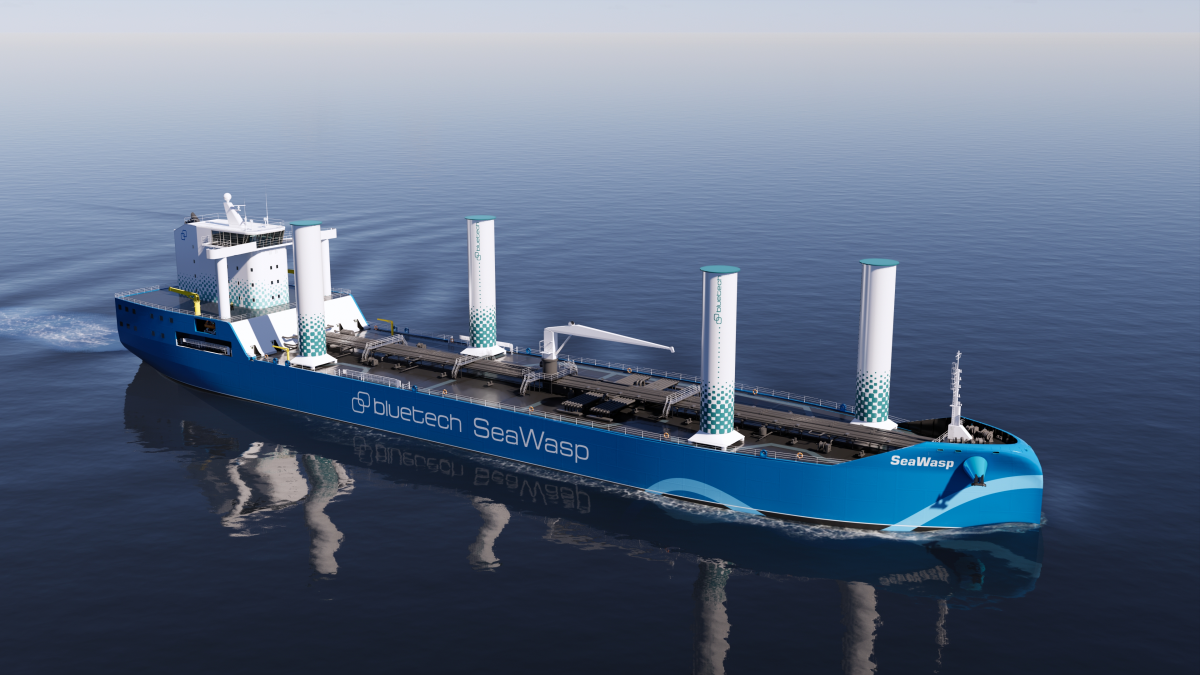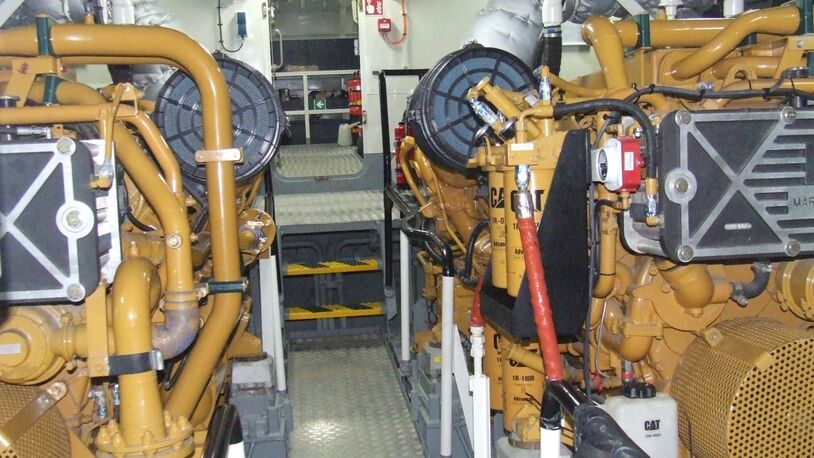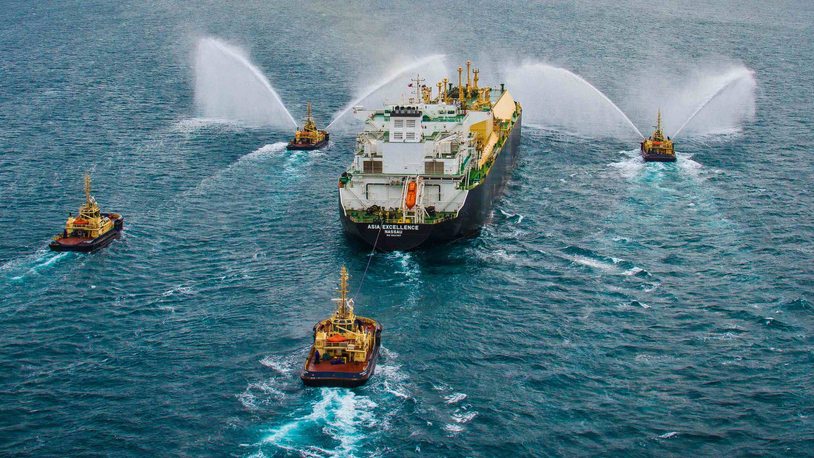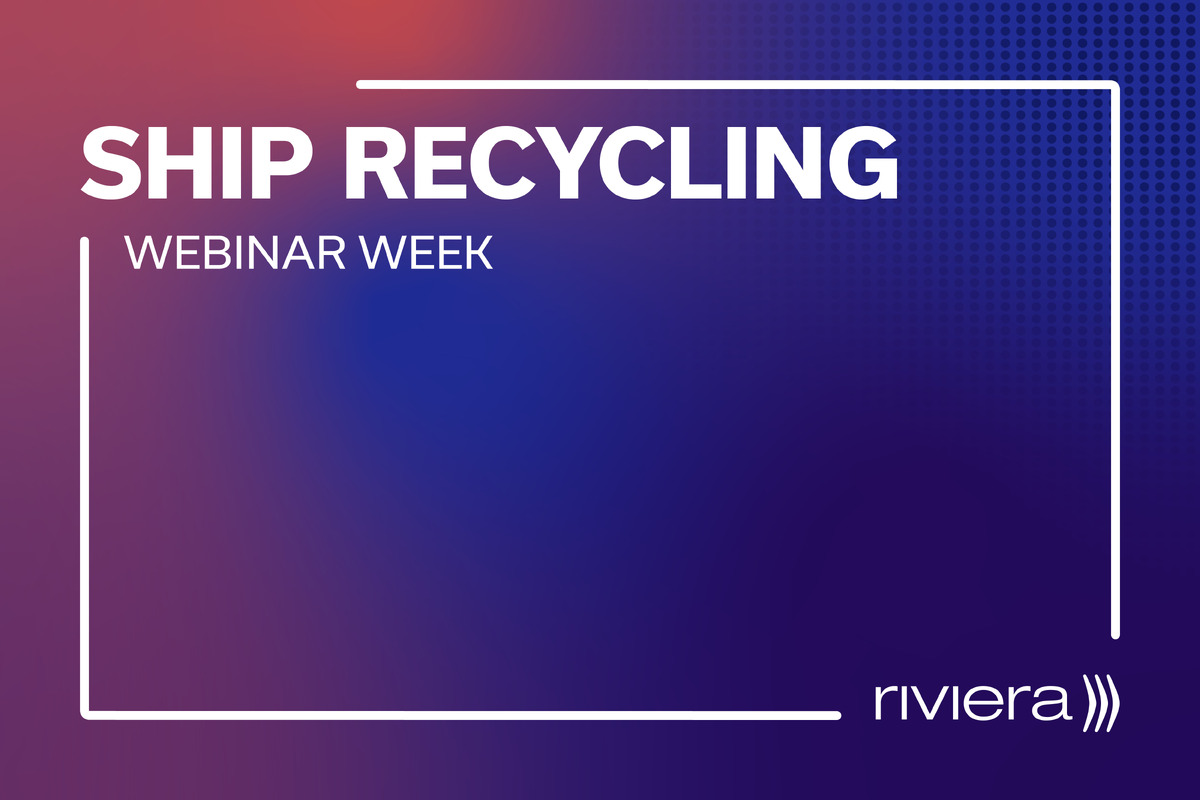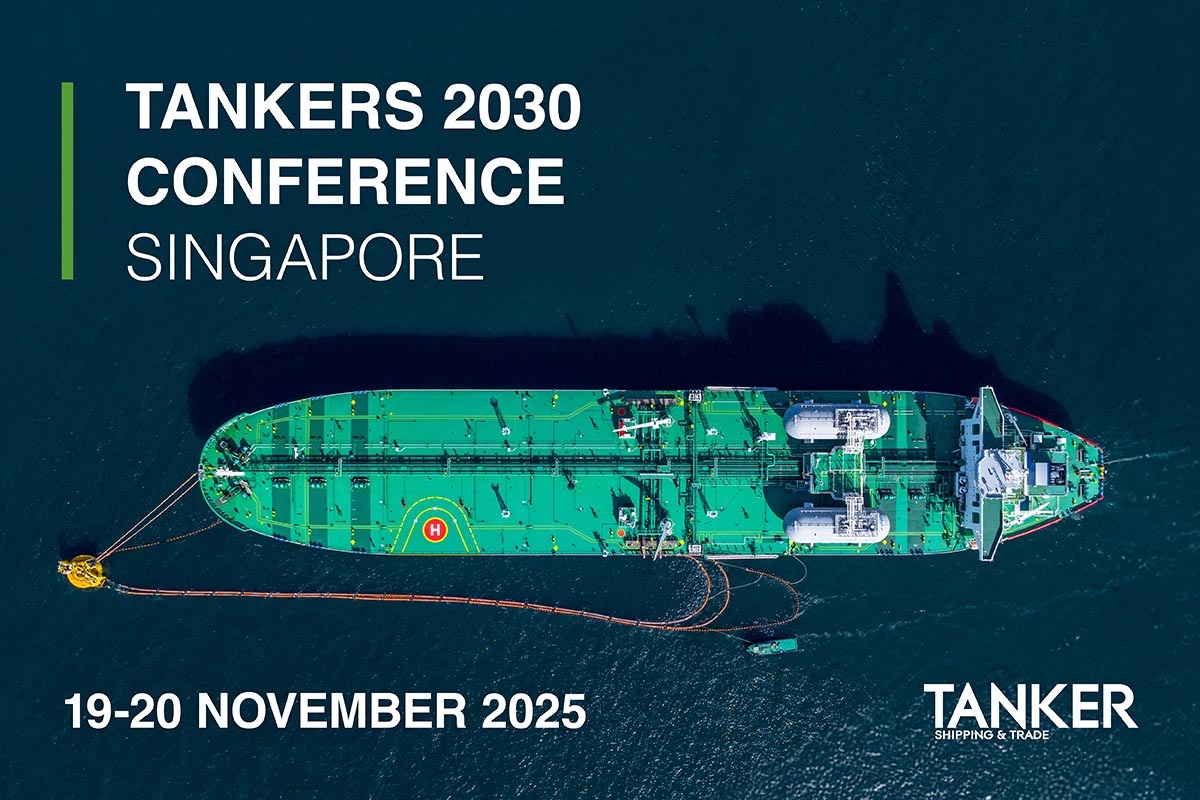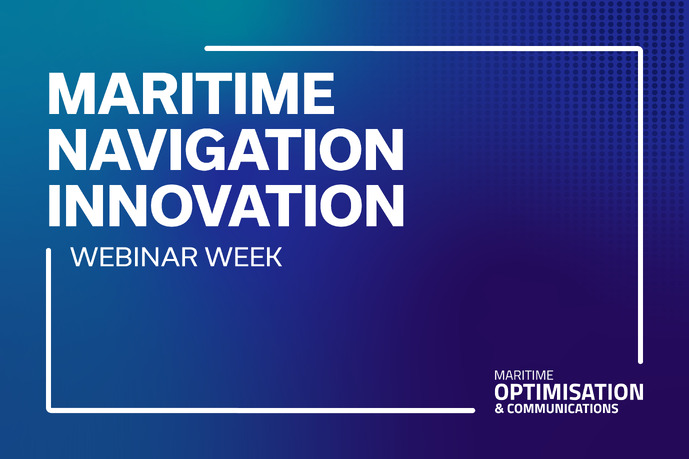Business Sectors
Contents
Politics over pragmatism: how governments are losing the plot on shipping decarbonisation
IMO’s Net Zero Framework was supposed to move shipping from ambition to action. The industry came prepared to deliver; governments didn’t, says German Shipowners Association MD, Dr Martin Kröger
The decision at the recent Extraordinary Session of the Marine Environment Protection Committee (MEPC) at the International Maritime Organization (IMO) to postpone the adoption of the so-called Net Zero Framework (NZF) by a full year is not a sign of the industry dragging its feet – it is a reminder that political manoeuvring still trumps progress.
The NZF, designed to give legal force to IMO’s “net-zero by or around 2050” goal, was on track: in April 2025, 63 states voted for adoption in principle. By October, the vote was expected to turn that agreement into binding text. Instead, procedural disputes and geo-strategic posturing derailed the process.
The industry’s position has been consistent. Owners are ordering dual-fuel and methanol-ready tonnage, ports are building infrastructure for low-carbon fuels, and cargo interests increasingly treat decarbonisation as non-negotiable. What’s missing is regulatory certainty – and that’s exactly what the NZF was meant to deliver.
The plan would have introduced fees for non-compliance with tightening carbon-intensity targets, with compliant ships rewarded and surpluses tradable. Revenues could have reached up to US$15Bn annually by 2030.
But the path toward adoption veered off course. The trigger was a dispute over the procedural rules behind IMO law-making. Since 1973, amendments to the Marpol Convention – the core environmental treaty for shipping – have entered into force through ’tacit acceptance’, meaning they take effect automatically unless a threshold of objections is reached. During the October session, however, the United States – backed by Saudi Arabia and others – pushed for ’explicit acceptance,’ a far more cumbersome process that would require active ratification by each state and could delay or block the framework indefinitely.
As the week unfolded, procedural wrangling turned into geopolitical theatre. The US reportedly threatened tariffs, port access restrictions, or visa limits for officials from states backing the NZF. Under pressure, many large flag and tonnage states either abstained, changed their positions, or withdrew support. The motion to delay passed with 57 in favour, 49 against, and 21 abstentions.
That vote matters. The NZF is not a minor tweak to existing IMO rules but a far-reaching package that would redefine how ships use and report fuels while introducing an economic mechanism – effectively a global shipping climate fund. Without adoption, the original 2027 entry-into-force target is now uncertain, possibly slipping toward the next decade.
IMO has become a stage for competing agendas. The EU presses ahead with its Emissions Trading System and FuelEU Maritime – measures that accelerate regional action but undermine faith in global regulation. For developing nations and petro-states, Brussels’ unilateralism offers a convenient excuse: why agree to a global carbon price when Europe is already imposing its own?
Across the Atlantic, the US and Saudi Arabia have played their own part in the stalemate. Washington’s hesitation is increasingly driven by domestic politics, with a revived Trumpist narrative eroding support for climate multilateralism. That shift is already complicating the EU’s broader COP30 strategy – and it is seeping into IMO. Riyadh, meanwhile, continues to defend its petro-economic position by slowing any attempt to put a meaningful price on carbon.
Caught in the middle is shipping – the world’s most globalised industry, dependent on global rules, now watching those rules fragment. Regional carbon regimes and national carve-outs will not deliver decarbonisation; they will only create a two-tier system, with compliant fleets in wealthy jurisdictions and carbon-heavy fleets everywhere else. The NZF is a structural package that would reshape fuel use, reporting and the economic backbone of climate policy in shipping. Losing momentum now risks losing the framework altogether.
The October meeting also exposed another reality: not everyone believes that would be a bad outcome. The NZF’s ambition is undeniable – but so is its complexity.
What was meant to be a clear, predictable pathway has evolved into a sprawling construct requiring a plethora of separate sets of implementation guidelines before it can take effect. From fuel-intensity rules and compliance procedures to fund governance and review mechanisms, every component demands its own layer of regulation. For many, this sheer complexity has become both a political and practical obstacle – proof that the IMO process risks collapsing under its own weight.
Somewhere along the way, the simplest idea – one supported by the entire shipping industry – was lost: a straightforward global fuel levy. A transparent, predictable carbon price that rewards efficiency and funds the transition worldwide. Every other model – trading schemes, hybrids, regional fixes – adds complexity to something that should be simple. Remind me: why did we stop talking about a fuel levy?
Perhaps the failure of the MEPC to set the NZF in motion also reflects a deeper truth about the decarbonisation of shipping. The real challenge may not lie in politics or process, but in the fact that the fuels needed to reach net zero – scalable, safe, and globally available – still do not exist in sufficient quality or quantity. Behind the procedural battles and political rhetoric, there may be an unspoken recognition that the transition is running ahead of its technical foundations. And maybe – just maybe – the October deadlock was not only a failure of international decision-making, but a quiet admission that many states are beginning to lose faith in their own climate promises.
Whatever the reason, a functioning IMO remains essential for fair competition and coherent regulation. But if governments keep playing politics – and if the EU insists on defending its regional carbon system as a model for the world rather than a bridge to a global solution – they will soon find the private sector setting the pace without them, or losing faith in the process altogether.
The principle should be clear: one global framework, one fair and simple path forward. The tools exist. The technology is maturing. The business case is obvious. What’s missing are the fuels – and the unified political will to act. The longer governments let the NZF drift, the harder it will be to bring the process back together. Shipping is ready to decarbonise – once the fuels are there. It’s time the world’s regulators proved they are too.
Riviera’s Maritime Decarbonization Americas Conference will be held in Houston, Texas, 22-23 January 2026. Click here for more information on this industry-leading event.
Related to this Story
Events
Ship Recycling Webinar Week
International Bulk Shipping Conference 2025
Tankers 2030 Conference
Maritime Navigation Innovation Webinar Week
© 2024 Riviera Maritime Media Ltd.

